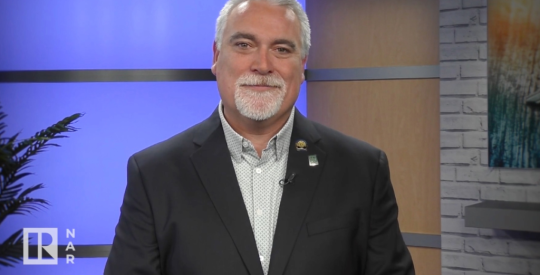A proposed rule that aims to eliminate conflicts of interest during the securitization of mortgages and other assets won the approval of the Securities and Exchange Commission Monday. The rule, which received unanimous approval from the SEC Commission, would prevent sellers of ABS from betting against the same securities they create. The rule has two prongs. The first prong “prohibits a firm from packaging an ABS, selling the ABS to an investor, and subsequently shorting the ABS to potentially profit at the same time as the investor would incur losses.” The second prong prevents an institution from letting a third party assemble an ABS in a way that creates an opportunity for the third party to benefit from the ABS’s failure. The issue captured the attention of the SEC after the 2008 financial crisis. Earlier this year, a report from a Senate Banking Committee criticized the actions of financial institutions that handled complex asset-backed securities prior to the mortgage market meltdown. The new proposed rule, which will be published for a 90-day public comment period, is a catalyst for putting Section 621 of the Dodd-Frank Wall Street Reform and Consumer Protection Act into effect. “This proposed rule is designed to ensure that those who create and sell asset-backed securities cannot profit by betting against those same securities at the expense of those who buy them,” said SEC Chairman Mary Schapiro. “At the same time, the proposed rule is not intended to interfere with traditional securitization practices in which loans are originated, packaged into asset-backed securities, and offered to investors in different structures.” The American Securitization Forum issued a statement, saying it supports the intent of the provision, but wants to ensure the definition of a material “conflict of interest” is outlined in a fashion that does not stymie the benefits of securitization. “ASF strongly supports the intent of this provision, which is to eliminate incentives for market participants to intentionally design asset-backed securities to fail,” said Tom Deutsch, ASF’s executive director. “However, we hope that the rules proposed by the SEC are crafted to eliminate these incentives without unintentionally prohibiting appropriate hedging, market making and other legitimate transactions, and causing unnecessary adverse impacts on the markets for asset-backed securities.” The Securities Industry and Financial Markets Association added that the SEC “should issue rules implementing Section 621 that do not create unnecessary or prohibitive restrictions on the asset-backed securitization (ABS) markets, such as restricting industry practices that are fundamental to the issuance of ABS, and that will not be detrimental to the healthy functioning of the securitization markets.” Write to: Kerri Panchuk.
SEC accepts proposed rule to prevent ABS shorting
Most Popular Articles
Latest Articles
Kevin Sears pulls back the curtain on NAR’s commission lawsuit settlement
NAR’s president took to the stage at The Gathering just hours after the court granted preliminary approval of the commission lawsuit settlement agreement



